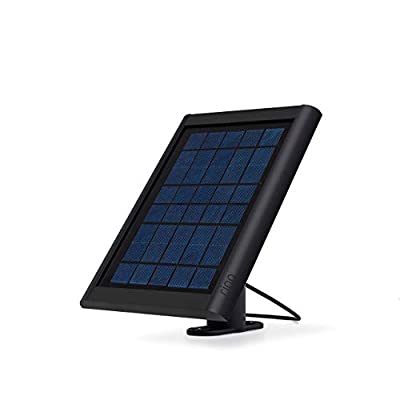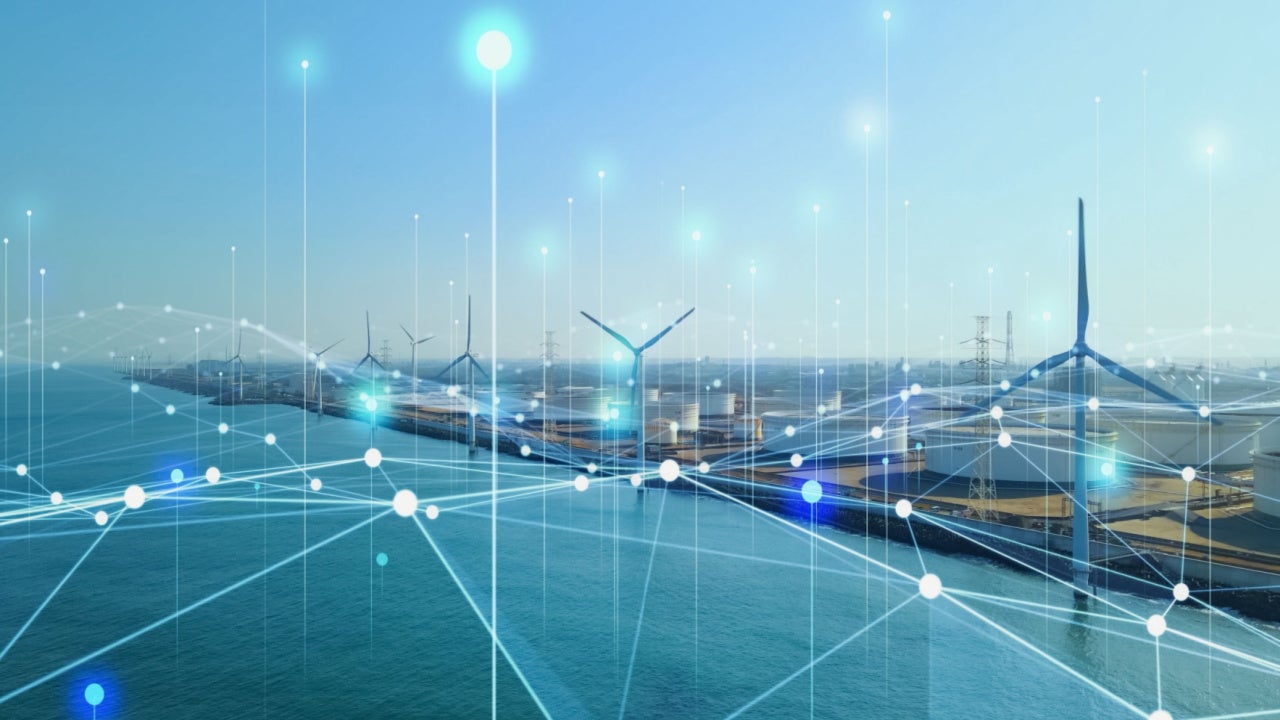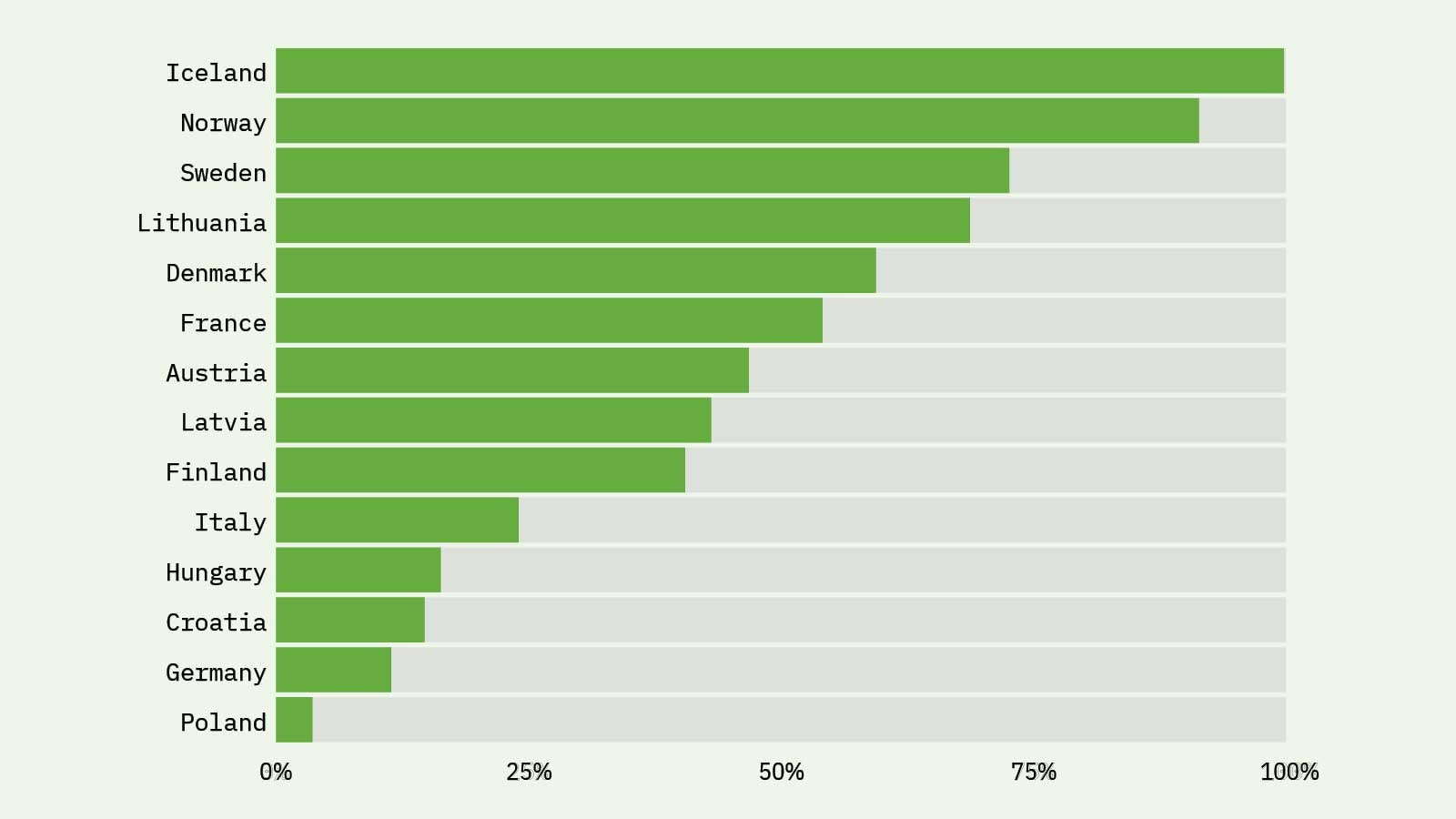
Solar panels can be used in many ways, such as heating water, powering lights and electronics and even air conditioning. Personal solar panels may be a good option for anyone looking to reduce their energy bills. You can now choose from a wide range of energy-efficient options, thanks to the advancements in technology. It is important to compare the pros and con of various types of solar panels before you purchase.
Monocrystalline solar panel have the highest efficiency rates and are usually warranted up to 25 years. They also perform better in warmer climates than their polycrystalline counterparts. They have higher wattages/square foot.
Monocrystalline solar panels are great for those with limited space. Polycrystalline panels are a better choice if you have more space. They may be slightly more costly but are generally more reliable and provide a greater power output.

A solar panel's efficiency rating is between 11% - 15%. This should be enough to power your typical household needs. However, panels that are larger or more expensive may be required if you live somewhere with a dry climate.
Some panels come equipped with batteries to store the solar energy. There are many sizes of batteries, with the largest models having a capacity of up to 20,000mAh. This battery can also be waterproof, which is an advantage for some. RoHS compliant batteries should be purchased when you're looking for a new battery. You can also get a battery that has a USB input to transfer data to your computer.
Also, it is important to select a solar panel that can withstand rain and snow. Regardless the manufacturer, UL1703 mandates that all panels with PV must have the same fire rating in the United States. California similarly requires that the entire system be of the same fire rating.
The biggest reason to use solar power is not only to generate green electricity but also to save money. Many solar systems come with power purchase agreements, which allow you to sell any excess electricity to the grid for a profit. These systems are quite expensive, but they can be easily paid for within a few months.

The temperature coefficient of the solar panel is another important aspect to consider. Although it does not directly indicate the panel's performance, it will give you an idea of how well it will perform in warmer temperatures. Also, you can check the tolerance rating of the solar panel. This is the power range.
When buying a solar panels, there are some other things that you should consider. It can be difficult to decide whether you want a crystalline or thin-film panel. Thin film panels are more appropriate for situations in which installing a panel of crystalline silicon is difficult.